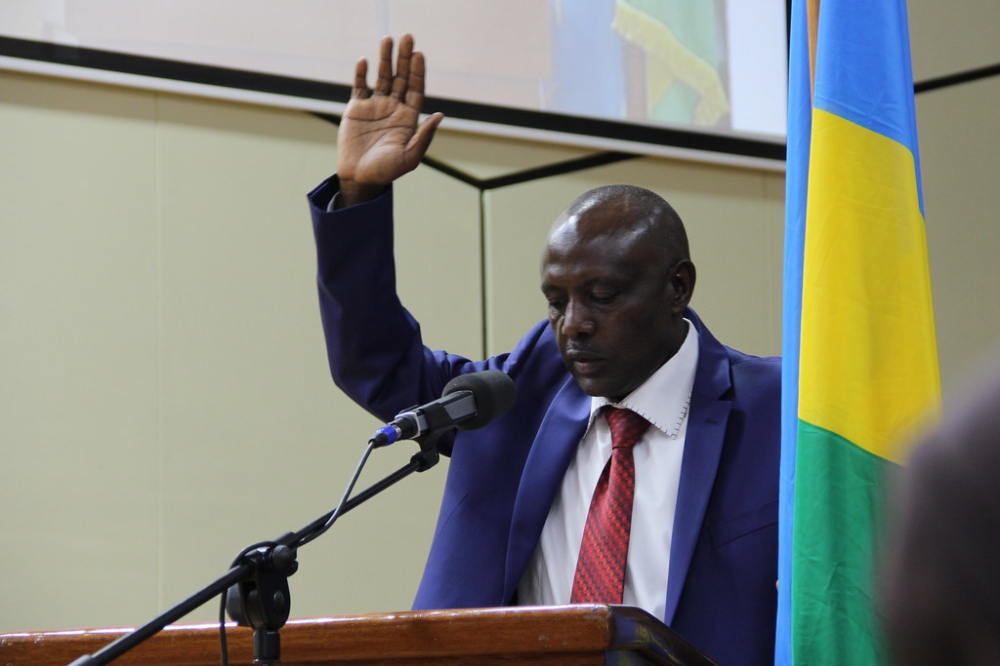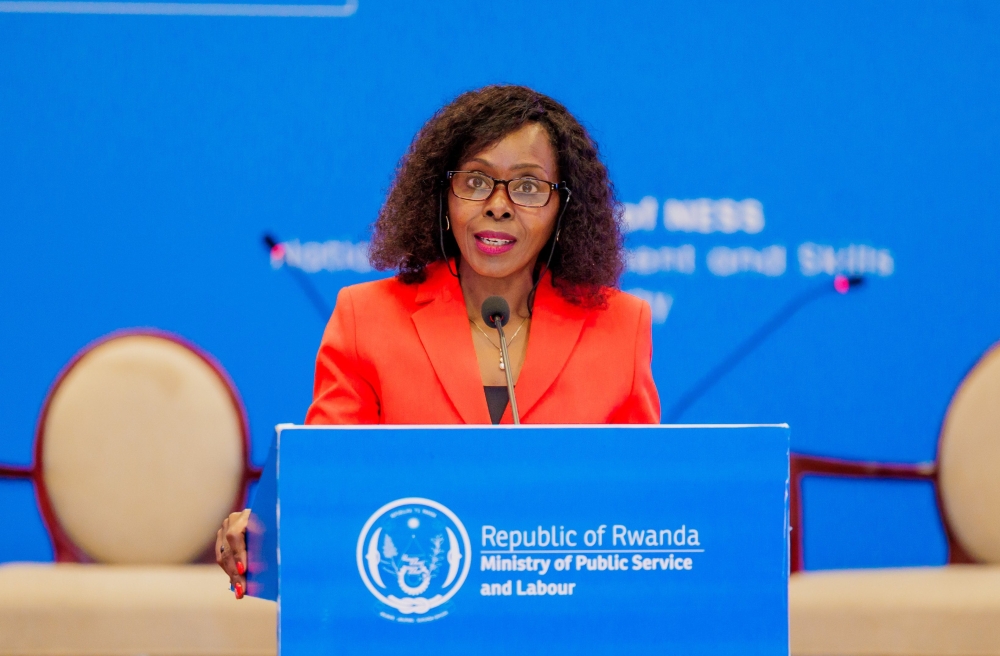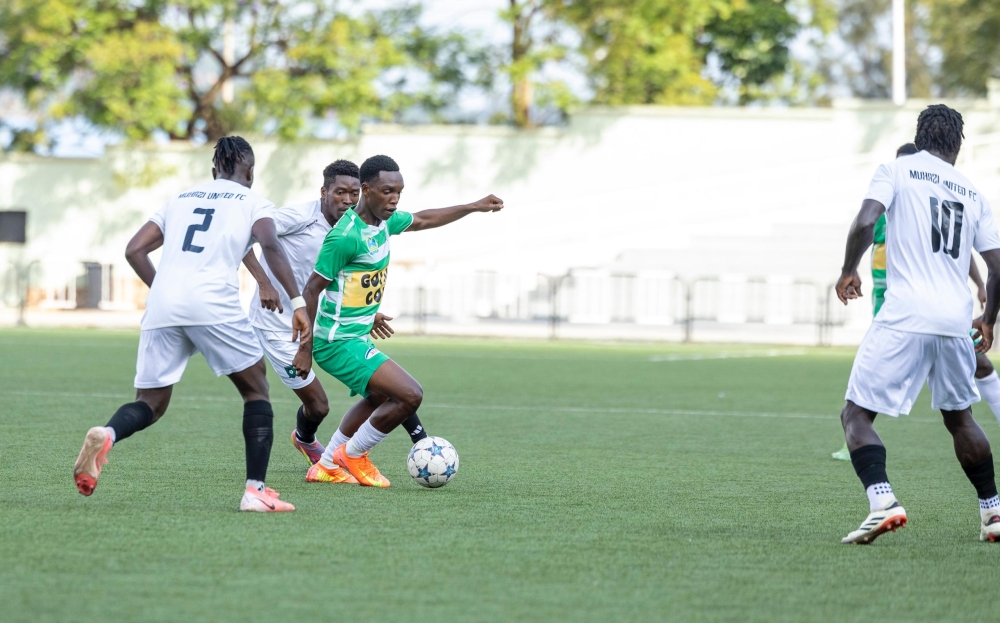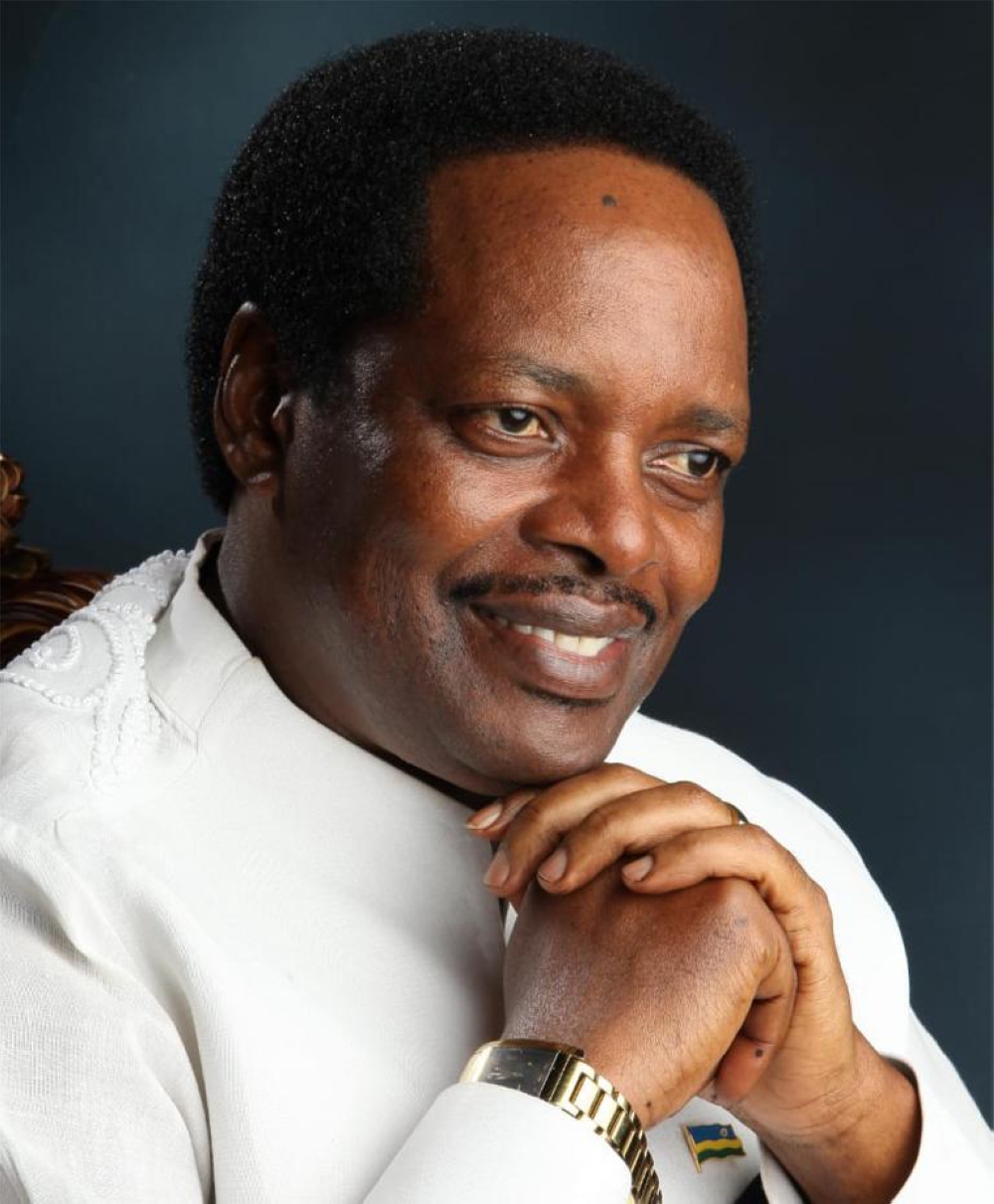IN a small hotel in central Tripoli, about 50 first-time political candidates from across the country are learning how to project the Islamic message of their new party ahead of Libya’s first election in a generation on Saturday.

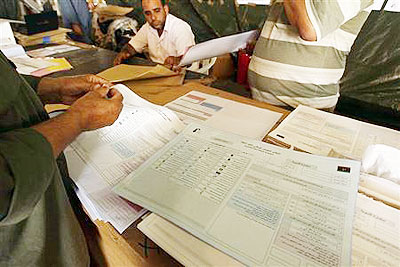
IN a small hotel in central Tripoli, about 50 first-time political candidates from across the country are learning how to project the Islamic message of their new party ahead of Libya’s first election in a generation on Saturday."You will be asked about how we view women in the party and what our relationship with Abdul Hakim Belhadj is,” says Ismail al-Greitly, a campaign coordinator for al-Watan, referring to a one-time Islamic militant who has swapped his trademark military fatigues for sharp suits and the slick campaigning of democracy.After the popular uprisings of 2011 ousted dictators in Tunisia and Egypt, democratic elections there ushered in parliaments dominated by long-suppressed Islamist groups. On July 7, Libya, which overthrew Muammar Gaddafi in a bloody NATO-backed rebellion, will determine whether political Islam continues its post-Arab Spring rise.With political parties banned even before Gaddafi seized power in 1969, Libyans have precious little experience of anything resembling democracy."There is no political language in Libya. There is no language for democracy or any level of political sophistication,” said Mary Fitzgerald, a journalist who is researching Libyan Islamists for a forthcoming book."When a population like this is experiencing elections for the first time, candidates use language that resonates with voters. In this case that means language relating to religion, tradition and culture.”Conservative values already permeate many aspects of life in Libya, including politics. Even under Gaddafi, alcohol was banned though Islamists and other opponents languished in jail.While many Libyans will vote on the basis of clan ties and personal connections that remain the foundation of business and political dealings, Islamic rhetoric has taken centre stage as the first election in half a century looms.



